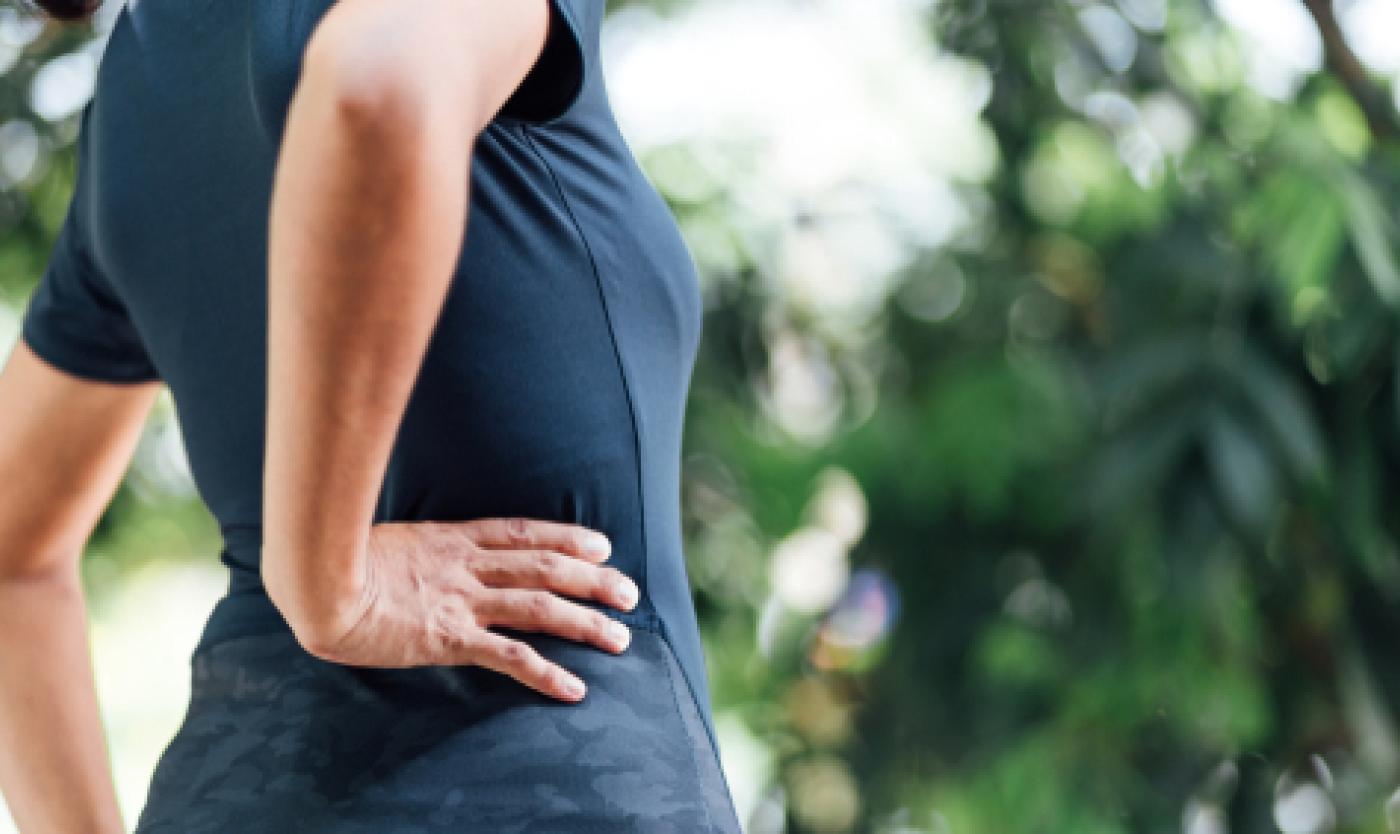
For the very first time the University Dental Centre (UTC) at Vrije Universiteit Brussel (VUB) is organising a one-day symposium for dentists as part of its accredited continuing education programme. The focus is on innovation, both in approach and in the themes covered. This has proven to be a successful formula, as the event is almost fully booked. Additionally, VUB hopes to introduce a new accredited undergraduate degree in dentistry, taking responsibility for addressing the structural shortage of general dentists in Flanders. VUB is determined to sink its teeth into the issue, after its dentistry programme was discontinued some 20 years ago.
On 27 February, the University Dental Centre will host its inaugural UTC-VUB Innovation Day Symposium. Professor Dr Dent. Johan Aps, coordinator of the dentistry programme, had modestly hoped for 100 registrations. Just over a week before the deadline, that number has already reached 120. So, what’s behind the success?
Johan Aps: "We opted for a fresh approach, and it seems to be working. The government expects dentists to engage in continuous professional development. Those who earn 100 training points per year by attending accredited courses receive financial support from the National Institute for Health and Disability Insurance (RIZIV). A traditional training day consists of four courses, earning participants 40 points. We’ve gone one step further, offering five courses in a single day. This means that dentists attending our symposium will have already secured half of their required points at the start of the year. After the summer, we’ll offer additional courses, ensuring they can reach the full 100 points without last-minute stress."
That sounds like a long day on 27 February?
"The symposium starts at 9 am and wraps up around 10 pm – nearly a full 12 hours, indeed. Seven engaging speakers will deliver five lectures. However, there will be plenty of opportunities to pause, enjoy some refreshments, and chat with colleagues between sessions."
Is the programme as innovative as the format?
"Absolutely. We’ve selected five cutting-edge topics that will give attendees plenty to think about. For example, Dr Dent. Mohammed Ahmed will provide insights into creating a more sustainable workflow in dental practices. Dentists generate tonnes of plastic waste each year. Since much of it is contaminated, it can’t simply be disposed of with general or recyclable waste, and specialised collection services are costly. Mohammed Ahmed will propose alternative solutions."
Professor Dr Karlien Asscherickx will be addressing extractions in orthodontic treatments. What’s the focus of her talk?
"Extractions are not an ideal medical practice, as they involve removing healthy teeth. Interestingly, orthodontists make different choices depending on where they were trained. You can often recognise the ‘signature’ of their alma mater in their patients' dental work. Karlien Asscherickx will explore potential alternatives to extractions."
One lecture topic stands out as particularly current: 3D printing in dental practices.
"That’s right. Dentist Wouter Reybrouck and dental technician Bob Elst are not affiliated with any academic institution, but they are leading experts in 3D printing. Wouter has equipped his practice with all the necessary technology to print crowns, fillings, and other prosthetics on-site. This allows him to treat patients in a single day – carrying out preparatory work in the morning and fitting the prosthetic a few hours later. The precision and quality of the materials are excellent, even without involving an external dental lab. By cutting out those extra steps, treatments become more affordable as well."
"There is a pressing shortage of dentists. VUB wants to fulfil its social responsibility"

Professor Dr Dent. Johan Aps
You had hoped to make an important announcement at the Innovation Day Symposium.
"In 2024, VUB submitted an application to the Flemish government to reinstate its dentistry programme. We began preparations a year ago, and our Bachelor in Dentistry curriculum has already been accredited. The new programme has also been included in the Flemish government’s coalition agreement. All the necessary administrative procedures have been completed—we are now awaiting financial support from Education Minister Zuhal Demir. Hopefully, that will come through soon."
The dentistry programme at VUB was discontinued 20 years ago. Why is there now a need to relaunch it?
"There is an urgent shortage of dentists, particularly general dentists. In the 1980s, there were actually too many, but over the last 40 years, the number of students pursuing dentistry has steadily declined. At the same time, the demographic composition of the student population has changed, and the way the profession is structured has evolved. Now, we’re facing a crisis—something every patient who has struggled to find a dentist has experienced first-hand."
What do the figures tell us?
"By 2030, half of all general dentists in Flanders and the Brussels-Capital Region will be over 60 years old. That means around 2,800 dentists have already retired or will do so soon. Over the past 15 years, Ghent University (UGent) and KU Leuven have together produced around 100 new dentists per year. If this trend continues, fewer than 1,000 new dentists will have entered the profession by 2030. This shortage is the result of short-sighted policies by all stakeholders."
That’s not enough to replace the 2,800 dentists approaching retirement, is it?
"That’s correct. Many dentists already have long waiting lists or have had to stop accepting new patients. That’s why we’re taking the initiative to reintroduce a dentistry programme in Brussels. We have the potential to rebuild a clinic and a modern, fully up-to-date training centre where, within the existing infrastructure, we could train students."
Will that, combined with the programmes in Ghent and Leuven, be sufficient?
"As you know, students must pass an entrance exam before they can start studying dentistry. The government has gradually increased the intake quota, first from 181 to 218, and for the next academic year to 252. This means that 252 students will soon be allowed to start the course. However, for each of these students, there must be a physical training space and enough staff, as dentistry is a medical-technical discipline—every student needs to practise on a preclinical treatment unit. The government will therefore have to assess how many training places are actually available at each university. To effectively address the structural shortage of general dentists, students must be able to receive training at the VUB. UGent and KU Leuven have reached their limits. VUB is fully committed to taking on its social responsibility here."
“We’re taking a slightly different approach to the curriculum, and we've been praised for it”
Will all 252 available places actually be filled?
"That’s another issue. Of the 1,500 young people who take the dentistry entrance exam, just over 300 pass. However, last year, only around 150 actually enrolled, even though 218 places were available. We don’t know why students drop out, and that’s something that should really be investigated. Another problem is that only the top 218 ranked candidates are invited to enrol. If they choose not to, those places remain unfilled because lower-ranked but still successful candidates are not contacted. That should change, in my opinion. Organising the entrance exam is an expensive undertaking."
The VUB medical programme is known for its unique approach, including patient contact from the very first year. Will the dentistry course follow a similar model?
"Yes, from the first year, students will have observation opportunities in the clinic, allowing them to interact with both patients and practising dentists. Throughout the curriculum, we take a slightly different approach. In fact, the international body that accredited our programme commended us for this—they found our curriculum to be an inspiration for other institutions. Our ambition is to train general dentists with a solid medical foundation, strong clinical and technical skills, and an empathetic approach to finding the best solution for every patient."
Can you give an example of how that translates into practice?
"Not everyone can afford to spend tens of thousands of euros on a Hollywood-style smile. If a training programme consistently promotes the most expensive solutions for all patients, then something is wrong—that doesn’t align with VUB’s values. Moreover, such an approach is unrealistic. A more affordable option doesn’t mean lower-quality dentistry, and that’s something we need to make clear."
What other advantages does the VUB programme offer?
"To better serve our diverse patient population, our students will be trained to work not only in Dutch but also in French. In addition, we plan to use haptic simulators. These can be compared to the simulators used by Formula 1 drivers like Max Verstappen to test new cars and race tracks. They are training devices that allow students to practise dental procedures in a virtual environment with real tactile feedback. With these simulators, every student can perform the same exercise, and their performance can be objectively assessed. We can also introduce variations by incorporating real intraoral scans and X-rays from actual patients. It’s an incredible tool that closely replicates real-life conditions."*
*This is a machine translation. We apologise for any inaccuracies.

